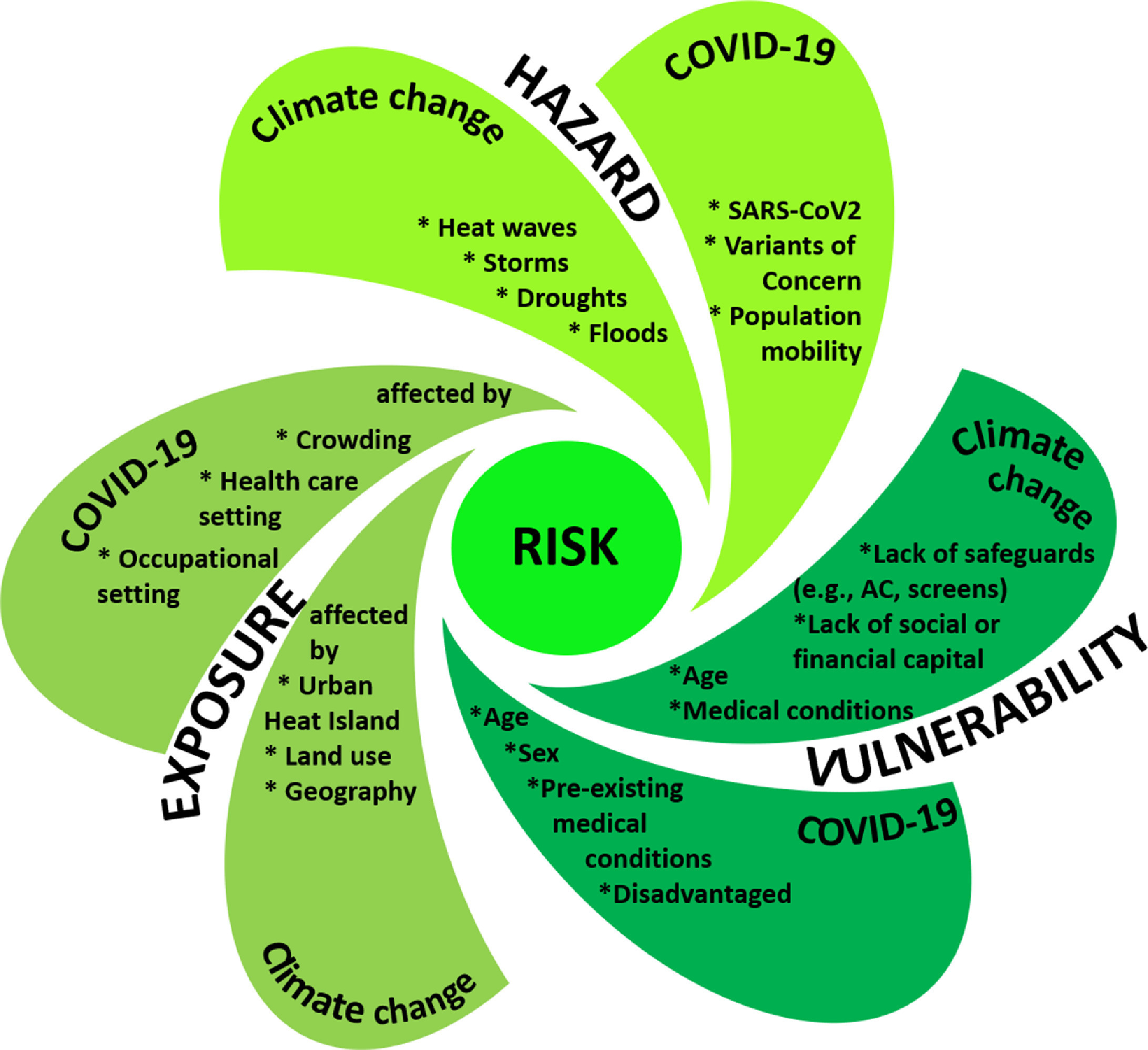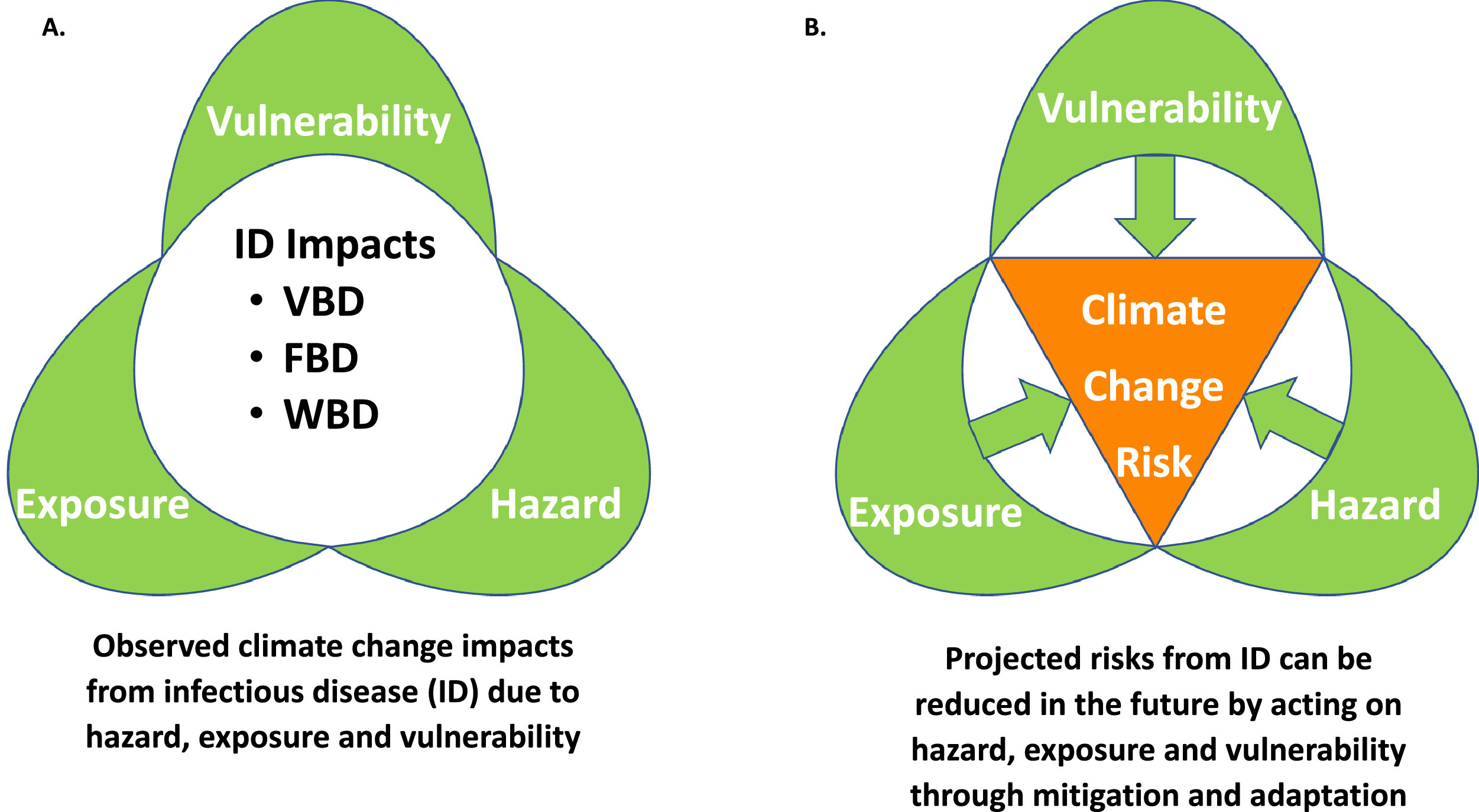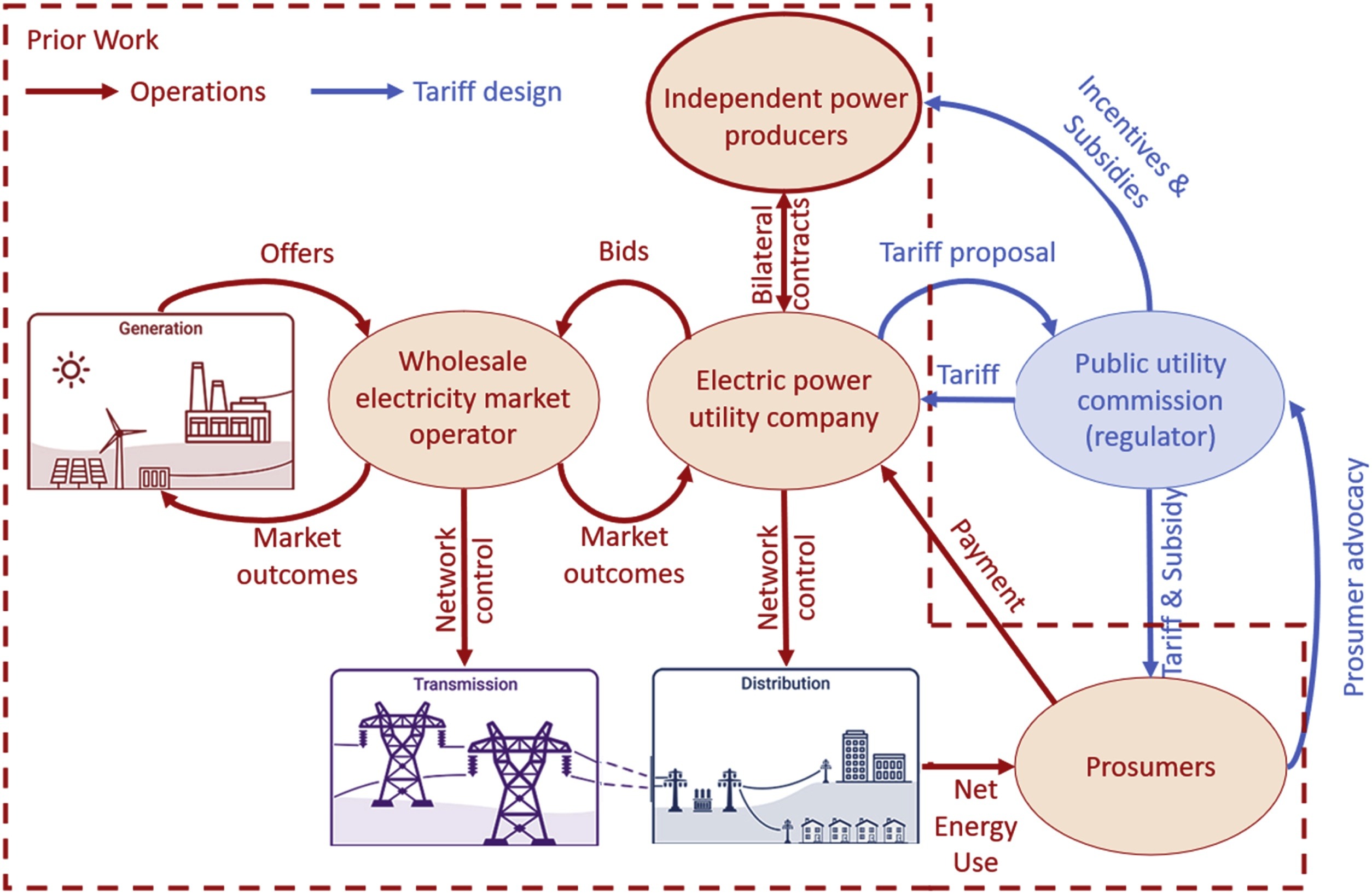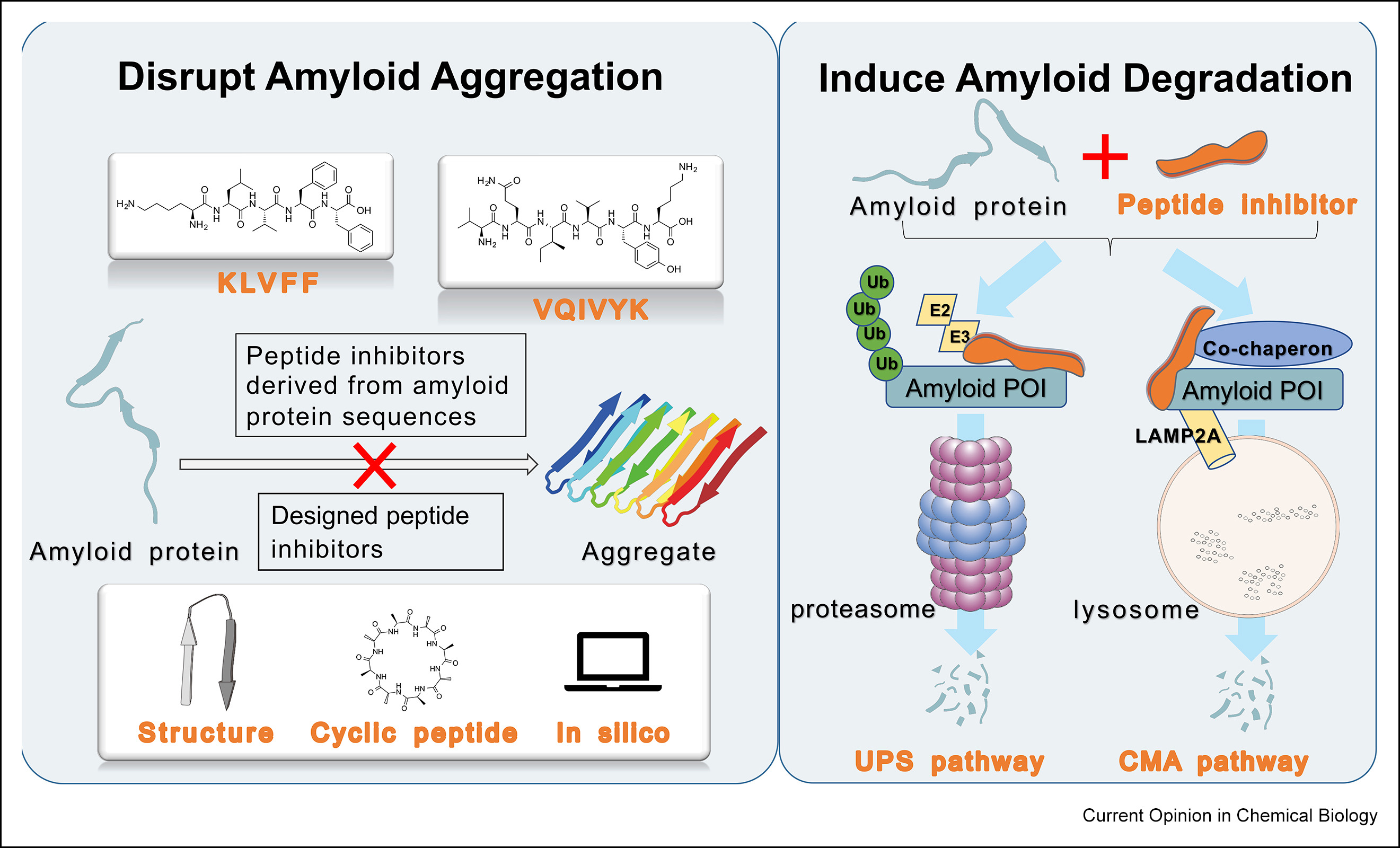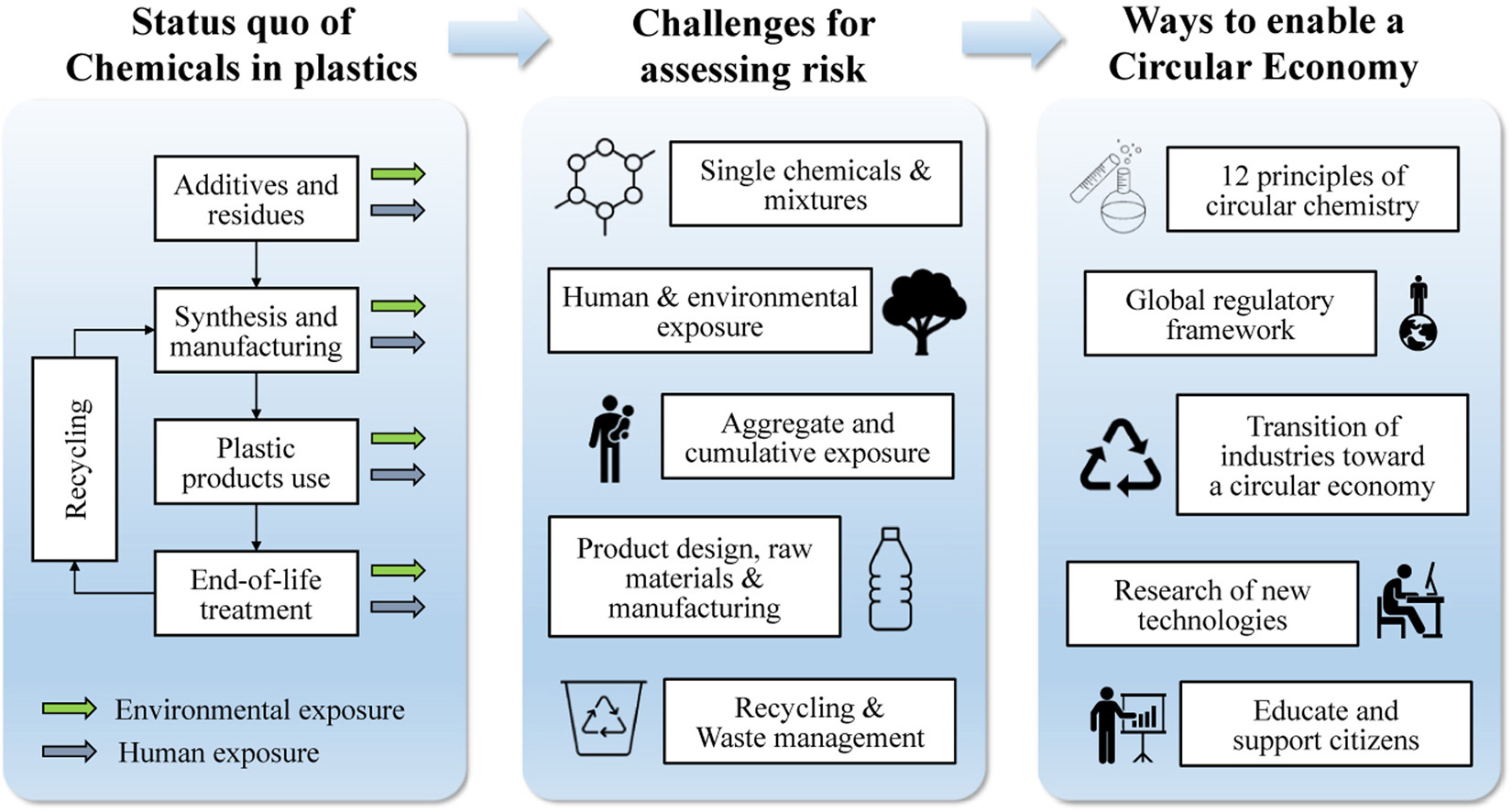Food Quality and Preference, Volume 93, October 2021
In view of all kinds of sustainability concerns related to our current diet, it is essential to gain a good understanding of the sustainability motives consumers have for selecting their food. A comprehensive and validated scale to measure sustainability motives within the full range of food choice motives could contribute to this understanding, especially as sustainability is a multi-faceted concept in which the different aspects can sometimes be conflicting.
Current Opinion in Chemical Biology, Volume 64, October 2021
Amyloid proteins can aggregate into insoluble fibrils and form amyloid deposits in the human brain, which is the hallmark of many neurodegenerative diseases. Promising strategies toward pathological amyloid proteins and deposition include investigating inhibitors that can disrupt amyloid aggregation or induce misfolding protein degradation. In this review, recent progress of peptide-based inhibitors, including amyloid sequence–derived inhibitors, designed peptides, and peptide mimics, is highlighted.
Food Quality and Preference, Volume 93, October 2021
In view of all kinds of sustainability concerns related to our current diet, it is essential to gain a good understanding of the sustainability motives consumers have for selecting their food. A comprehensive and validated scale to measure sustainability motives within the full range of food choice motives could contribute to this understanding, especially as sustainability is a multi-faceted concept in which the different aspects can sometimes be conflicting.
Current Opinion in Green and Sustainable Chemistry, Volume 31, October 2021
Enabling a circular economy for plastics in Europe and beyond is an ambitious goal. To reach a fully closed loop, numerous challenges and knowledge gaps need to be overcome. This review provides a list of more than 6000 chemicals reported to be found in plastics and an overview of the challenges and gaps in assessing their impacts on the environment and human health along the life cycle of plastic products. We further identified 1518 plastic-related chemicals of concern, which should be prioritized for substitution by safer alternatives.
